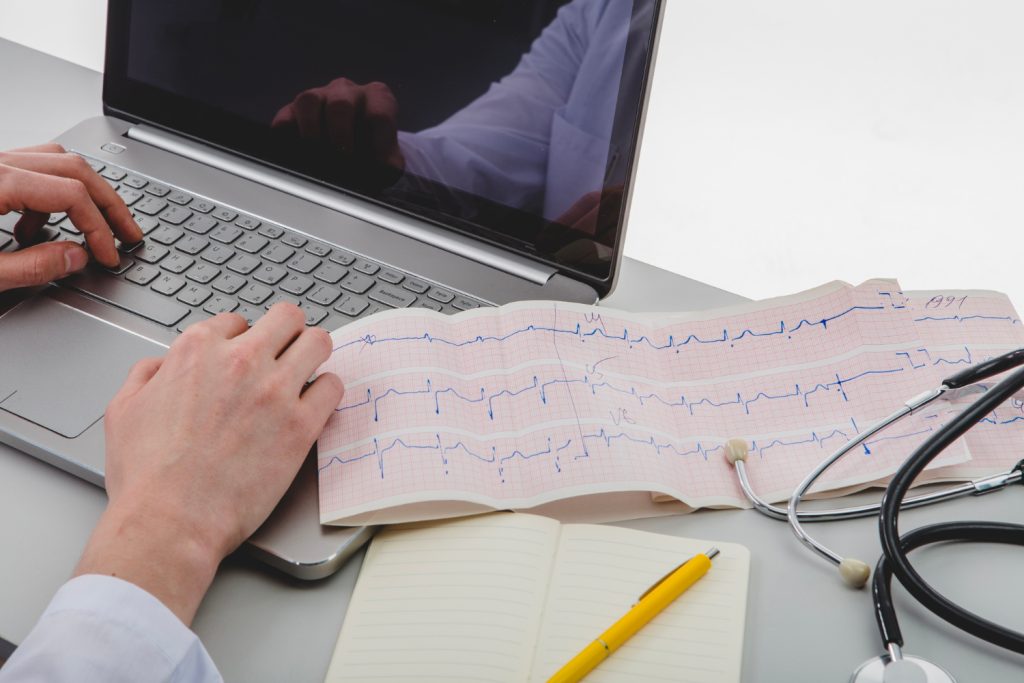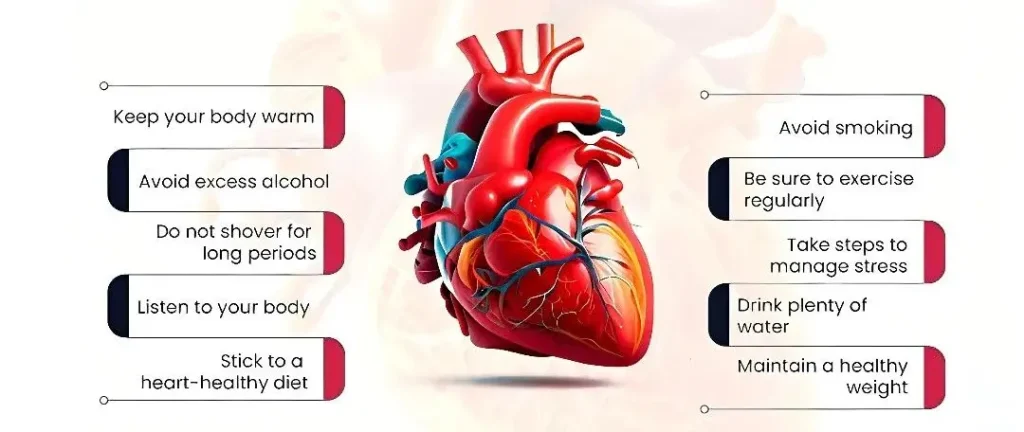
Cardiac electrophysiology is essential for analyzing the electrical activity that keeps your heart beating in a steady rhythm. While the heart functions as a pump to circulate blood throughout the body, it relies on an intricate electrical system to maintain this rhythm. Disruptions in this system can lead to various heart conditions, some of which may be serious or even life-threatening.
What is Cardiac Electrophysiology?
Cardiac electrophysiology is the study of the heart’s electrical system and how it controls the heartbeat. It examines how electrical impulses travel through the heart, ensuring proper rhythm and function. When abnormalities occur in these signals, they can lead to arrhythmias—irregular heartbeats—that may cause symptoms such as palpitations, dizziness, fainting, or, in severe cases, sudden cardiac arrest. Understanding this system helps in diagnosing, managing, and treating heart rhythm disorders effectively.
The Importance of Cardiac Electrophysiology in Heart Health
Cardiac electrophysiology plays a crucial role in maintaining heart health by diagnosing and treating irregular heart rhythms. Understanding and addressing electrical disturbances in the heart can prevent serious complications and improve overall well-being.
1. Diagnosing and Treating Arrhythmias
The heart’s electrical system can be disrupted due to various factors, including stress, high blood pressure, or congenital heart defects. Cardiac electrophysiology enables cardiologists to pinpoint the root cause of arrhythmias through specialized tests like electrophysiology studies (EPS). These studies help locate abnormal electrical activity within the heart, allowing doctors to develop a precise treatment plan. Depending on the diagnosis, treatment may involve medications, lifestyle modifications, or procedures such as catheter ablation to restore a normal heart rhythm.
2. Enhancing Patient Outcomes
By providing targeted and personalized treatment, cardiac electrophysiology significantly improves patient outcomes. Understanding the type and severity of an arrhythmia helps cardiologists determine the most effective intervention—whether it’s medication, a pacemaker, a defibrillator, or ablation therapy. Early and accurate diagnosis reduces the risks associated with untreated arrhythmias, enhancing both heart function and quality of life.
3. Preventing Long-Term Heart Damage
Persistent arrhythmias can put excessive strain on the heart, gradually weakening it over time. If left untreated, these irregular heart rhythms may lead to serious complications such as heart failure or stroke. By enabling early detection and timely intervention, cardiac electrophysiology plays a vital role in preventing long-term cardiovascular damage. Addressing arrhythmias before they escalate helps reduce stress on the heart, preserving its function and overall health.
4. Enhancing Safety in Cardiac Procedures
Cardiac electrophysiology is often used to create a detailed map of the heart’s electrical activity before surgical or interventional procedures. This precise mapping allows cardiologists to plan their approach carefully, reducing potential risks and improving the success rate of treatments. By guiding interventions with greater accuracy, electrophysiology ensures that procedures are performed as safely and effectively as possible.
Selecting the Best Cardiologist and Hospital for Cardiac Electrophysiology
Choosing the right healthcare provider is essential for maintaining heart health, especially when dealing with arrhythmias or other cardiac conditions. If you require specialized care, it’s important to seek treatment at a reputable cardiology hospital. Leading hospitals in Jalandhar, such as Oxford Hospital, provide cutting-edge cardiac services with a team of highly skilled cardiologists specializing in electrophysiology. Equipped with advanced diagnostic technology and expert medical professionals, these hospitals ensure precise diagnosis and effective treatment, offering patients the highest standard of care.
Final Thoughts
Cardiac electrophysiology plays a vital role in diagnosing and treating heart rhythm disorders, ensuring optimal heart health. With expert care and timely intervention, many heart conditions can be effectively managed, allowing for a healthier and more active life. Whether you need a comprehensive evaluation, treatment for arrhythmias, or guidance on heart health maintenance, consulting an experienced cardiologist ensures a personalized approach to your care and well-being.


